Temporary Assistance for Needy Families: Work Requirements Revisited
One of the central features of the Temporary Assistance for Needy Families (TANF) block grant is promoting work and job preparation for parents (mostly single mothers) in families that receive cash assistance. TANF was created in the 1996 welfare law, which was the culmination of a decades-long evolution from providing single mothers "pensions" to permit them to stay home and raise children to a program focused on work. State TANF programs were influenced by research conducted during a period of much experimentation on welfare-to-work initiatives in the 1980s and early 1990s, which found that mandatory work requirements could reduce welfare receipt and increase employment among single mothers. This book examines the TANF program with a focus on welfare waivers, and new research on welfare dependency and welfare-to-work efforts.
{{comment.content}}
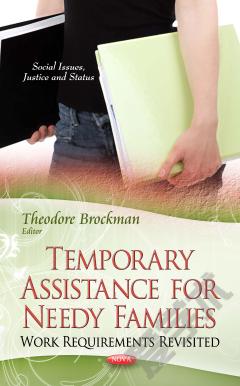
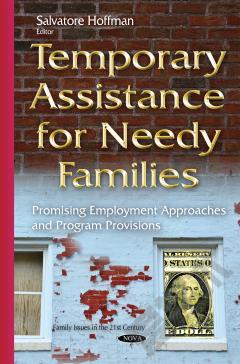
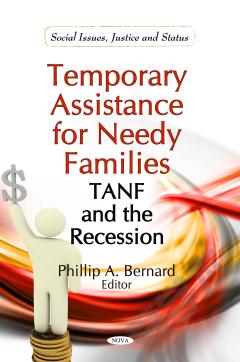
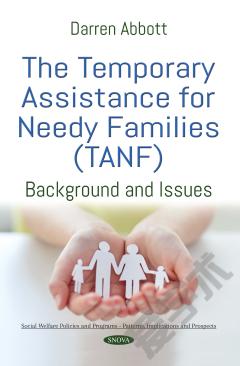
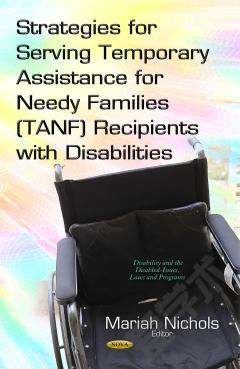
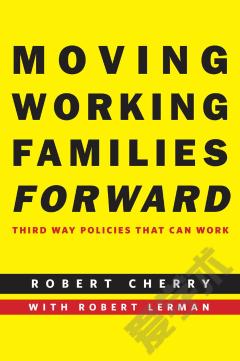
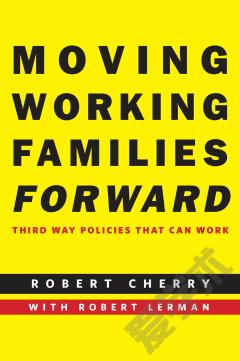

 京公网安备 11010802027623号
京公网安备 11010802027623号